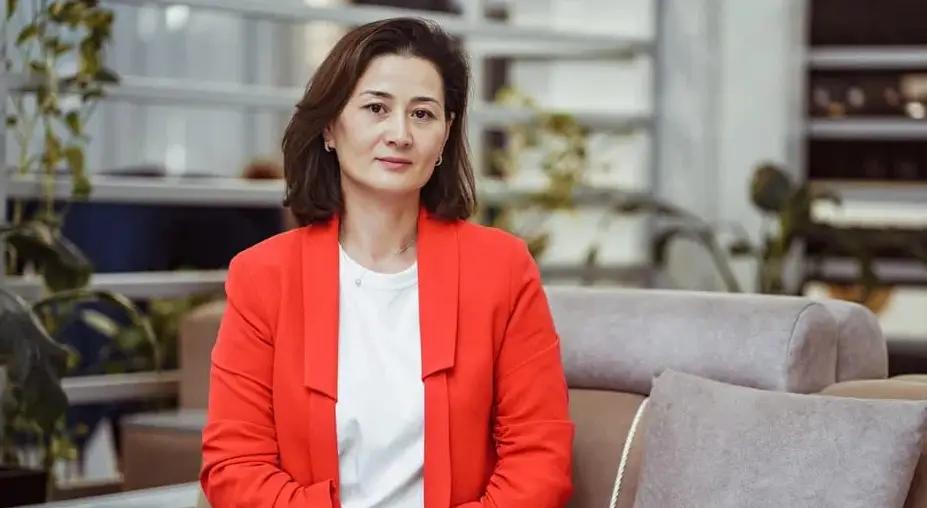
Published
07/23/2025, 21:00In Kyrgyzstan, healthcare operates on a fire-fighting principle — doctors treat illnesses but rarely focus on prevention. Until a person reaches a severe condition, the chances of being offered a comprehensive examination are minimal. This is not just a systemic oversight but a fundamental problem that leads to an increase in chronic diseases and a decline in quality of life.
In society, the belief has taken root that one should only visit a doctor when clear symptoms appear. In many families, going to the clinic is seen as a last resort. People prefer to treat themselves at home, following advice from acquaintances or information found on the internet. They only seek medical help when the situation becomes uncontrollable.
For example, elevated cortisol levels — the stress hormone — can damage the body for years, but it is only diagnosed when serious consequences such as hypertension or diabetes appear. This delayed reactive system instead of a proactive one leads to people facing diseases that could have been prevented with timely diagnosis.
Many people believe that if there is no pain, everything is fine. However, external factors such as a sedentary lifestyle, constant stress, poor diet — especially the widespread availability of fast food — and poor environmental conditions, particularly in Bishkek, which regularly ranks among the most polluted cities in the world, affect the body long before the first symptoms appear. These problems can accumulate over the years and suddenly manifest as serious medical diagnoses.
Public clinics are overwhelmed with a high patient flow. Doctors work in emergency mode: they listen to complaints, make diagnoses, and prescribe medications. There is simply no time or resources for preventive care. To get a referral for tests, patients first need to see a doctor, often after waiting in line for several days. After the consultation, they receive the referral, then face another queue at the laboratory or with a specialist. Moreover, there are no guarantees that the tests will actually be conducted — laboratories often refuse to perform analyses due to a shortage of reagents, forcing patients to turn to private labs.
However, the issue is not only bureaucracy. According to the Ministry of Health, Kyrgyzstan faces a shortage of doctors. The average workload for a family doctor is 40–60 patients per day, and in some regions, one doctor serves an entire village. Meanwhile, the average salary of a doctor in a public clinic is only 25,000–30,000 KGS, which is 10,000 KGS below the official average salary level in the country.
For those who still want to undergo a check-up, the only option is to turn to private clinics. However, the cost of comprehensive examinations makes them inaccessible to most of the population. For example, in one of the capital’s clinics offering the most detailed assessments — from ultrasound and ECG to psychosomatic consultations — the price of such a check-up is about 45,000 KGS. By comparison, the average monthly salary in the country is around 40,000 KGS, making this a true luxury for many Kyrgyzstanis.
There are also more affordable options. Some clinics offer basic packages ranging from 5,000 to 12,000 KGS, which include general blood and urine tests, as well as simple assessments of liver and kidney functions. A mid-range option costs around 17,000 KGS and includes not only laboratory tests but also minimal examinations, such as an ultrasound.
The issue of accessibility to medical services has been raised in Parliament more than once. For example, in April 2025, MP Mederbek Adiev called for the regulation of rising prices for tests in private modern laboratories.
"Residents of Bishkek come to me complaining about the extremely inflated prices in modern laboratories. Of course, this is business, but it is necessary for the Antimonopoly Agency to address this issue within the framework of current legislation. It is becoming increasingly difficult for ordinary citizens to access social services,” — he noted.
The parliamentarian also proposed considering the possibility of expanding additional examinations conducted in public institutions. In particular, he believes that tomography should be made available not only in private centers but also within the public healthcare system.
The Ministry of Health asserts that the idea of modernizing dispensary check-ups, as was done during the Soviet era, remains relevant. Early screening and monitoring of chronic patients are now conducted as part of the work carried out by family doctors. Additionally, several preventive programs are already being implemented in the country, including mobile medical units visiting remote areas.
In theory, patients can visit a family doctor free of charge at public clinics, undergo basic blood and urine tests, receive vaccinations, and obtain referrals for hospitalization. Additional services are available for insured citizens through the mandatory health insurance system. Moreover, free or subsidized care is provided to pensioners, children and people with chronic illnesses.
However, scheduling an appointment with a doctor can take several days, and free tests are limited in scope — they do not allow for the detection of hormonal disorders or early stages of chronic diseases. Thus, there is a growing need today for a change in approaches at all levels: from government policy to personal responsibility of citizens.


